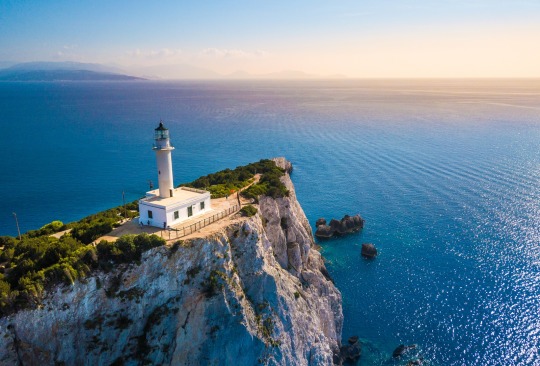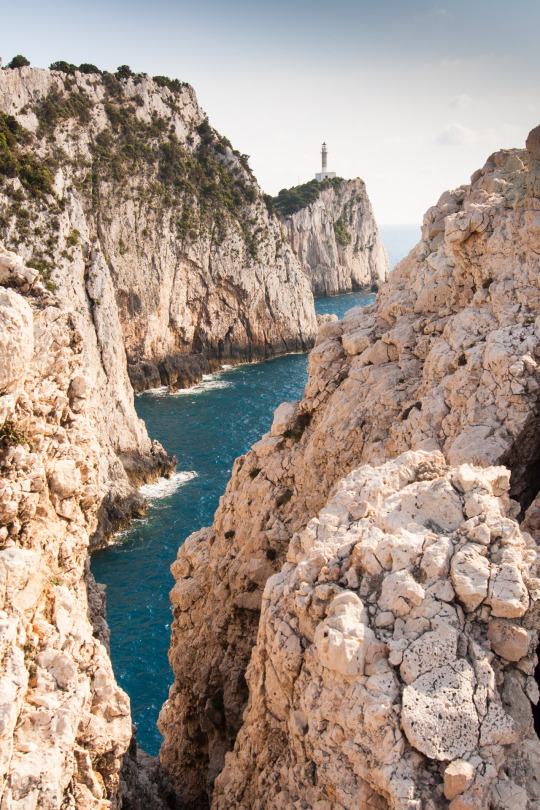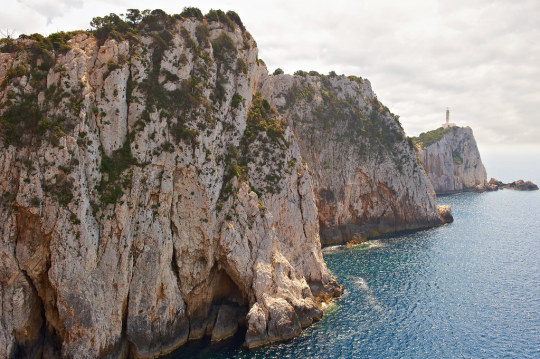#leuka lost
Explore tagged Tumblr posts
Text
Leuka lost Round 2
Round 2 has ended. Despite our efforts, Leuka was unable to come out victorious. Thanks to everyone who voted for him. We couldn't have made it this far without you! Also congrats to Lilac for winning and being able to overcome cancer... Rudy's cancer, that is.

Lilac belongs to Inverted Fate by Dorked. Likewise Chara, Frisk and Papyrus as shown here are as they are depicted in that same AU.
#deltarune#deltarune au#leuka#ultimate undertale and deltarune oc tournament poll#inverted fate#lilac#leuka lost
43 notes
·
View notes
Text
Natural 'Love Remedies' in the lanscapes of ancient greek myths. Part I: The White Rock
Sorry for the long post in advance, there are too many references and too much scholarly discussion to make a short snappy post. I abridged as much as I could :)
The White Rock is first mentioned in passing in the Odyssey, as part of the westward journey that the shades of the suitors undertake as they're led to to the underworld:
And they passed by the streams of Okeanos and the White Rock [Λευκάδα πέτρην] and past the Gates of the Sun and the District of Dreams. (Od. 24. 11-12)
This passage has at first glance little thematic relevance to the rest of the attestations to come (if you're interested in theories see further reading below), but I'd be remiss not to mention this first source for a "White Rock". The rest or these sources refer specifically to the White Rock of the island of Leukas (the Leukadian Rock), which was said to have the property of relieving the lovesick from their passion. According to Menander (in Fragment 258 quoted in Stabo's Geography):
It contains the temple of Apollo Leucatas, and also the 'Leap', which was believed to put an end to the longings of love. As Menander says, "Where Sappho is said to have been the first, when through frantic longing she was chasing the haughty Phaon, to fling herself with a leap from the far-seen rock, calling upon thee in prayer, O lord and master". Now although Menander says that Sappho was the first to take the leap, those who are better versed than he in antiquities say that it was Cephalus, the son of Deïoneus, who was in love with Pterelas. (Strab. 10.2.9)
Strabo is presumably quoting Menander's lost play The Leukadia. Unrelated to love but still interesting, Strabo continues:
It was an ancestral custom among the Leucadians, every year at the sacrifice performed in honor of Apollo, for some criminal to be flung from this rocky look-out for the sake of averting evil, wings and birds of all kinds being fastened to him, since by their fluttering they could lighten the leap, and also for a number of men, stationed all round below the rock in small fishing-boats, to take the victim in, and, when he had been taken on board* (alternatively: resuscitated), to do all in their power to get him safely outside their borders. (Strab. 10.2.9 continued) ~~ This might be seen as somewhat paralleling Pausanias 10.32.6 for those who are curious.
According to Wilamowitz 1913 (again see further reading below), Menander chose for his play a setting that was known for its exotic cult practice involving a white rock, and conflated it in the quoted passage with a literary theme likewise involving a white rock. There are two surviving attestations of this theme, in which falling off the white rock is apparently a metaphor for fainting (due to lust and wine respectively):
One more time taking off in the air, down from the White Rock into the dark waves do I dive, intoxicated with lust. (Anacreon PMG 370)
I would be crazy not to give all the herds of the Cyclopes in return for drinking one cup [of that wine] and throw myself from the White Rock into the brine, once I am intoxicated, with eyebrows relaxed. Whoever is not happy when he drinks is crazy. (Euripides Cyclops 163-168)
Sappho's legendary (and unfortunately fatal) leap off the Leucadian Rock to relieve herself of her love for the handsome Phaon (a figure that deserves a post of their own) is found also in Ovid's Heroines:
Here, when, weeping, I laid down my weary limbs, a Naiad stood before my eyes. She stood there and said: ���Since you burn with the fires of injustice, Ambracia’s the land to be sought by you. Apollo on the heights watches the open sea: summoning the people of Actium and Leucadia. Here Deucalion, fired by love of Pyrrha, cast himself down and struck the sea without harming his body. Without delay love turned and fled from his slowly sinking breast: Deucalion was eased of his passion. The place obeys that law. Seek out the Leucadian height right away, and don’t be afraid to leap from the rock! (Ov. Her. 15. 165–220)
Finally, according to the mythographer Ptolemy Chennos (know for his bizarre stories) as quoted by Photius in his Library:
Those who leapt off the cliff are said to have freed themselves from erotic desire. And this is the story that lies behind it: it is said that, after the death of Adonis, Aphrodite wandered about in search of him until she found him in the city of Argos in Cyprus in the sanctuary of Apollo Erithios. She carried him away [for a funeral], having told Apollo about her love for Adonis. Apollo took her to the Leucadic Rock and ordered her to jump off the cliff. As she leapt, she freed herself of her love. They say that when she inquired about the reason, Apollo replied that as a seer he knew that whenever Zeus felt desire for Hera, he would come to the rock, sit there and free himself from the desire. Many other men and women who suffered from lovesickness got rid of it when they jumped off that cliff. (Photius Bibliotheca. 152-153. Bekker)
What follows is a long list of people who are said to have jumped off said cliff, some surviving while others not (in any case, quite darkly, all were relieved of their passions). Notably Sappho, the most celebrated leaper, is not mentioned.
The fact that Zeus is mentioned as only sitting on the rock and not hurling himself from it is interesting. Nagy 1990 (see below) notes the similarities between the Leucadic Rock and the "proverbially white" Thoríkios pétros ‘Leap Rock’ of Attic Kolonos (Sophocles Oedipus at Colonus). He also notes the double etymology of "Thoríkios" as derivable from the noun thorós ‘semen’ (e.g. Herodotus 2.93.1) as well as of the verb thrṓiskō ‘leap’ (which can also have the side-meaning ‘mount, fecundate’ e.g. Aeschylus Eumenides 600), and connects it with one of the myths that is said to have taken place on this mountain:
Others say that, in the vicinity of the rocks at Athenian Kolonos, he [Poseidon], falling asleep, had an emission of semen, and a horse Skúphios came out, who is also called Skīrōnítēs. (Scholia to Lycophron 766)
Poseidon Petraîos [= of the rocks] has a cult among the Thessalians … because he, having fallen asleep at some rock, had an emission of semen; and the earth, receiving the semen, produced the first horse, whom they called Skúphios. (Scholia tο Pindar Pythian 4.246)
According to Bednarek 2019 (see below), in view of Ptolemy’s humorous intentions in his collection of weird narratives, the story becomes a sort of "sophomoric riddle": What cure does Zeus have to administer "repeatedly" (εὶ ἐρῶν … ἐκαθέζετο καὶ ἀνεπαύετο), while sitting down, presumably alone and in secrecy, that clearly only provides a temporary relief, and provides an aitiological name for the White Rock, to free himself from his desire?
All this long-winded post just to make a fucking joke about Zeus having a wank. Worth it.



~~ Cape Lefkatas
Secondary Sources and Futher Reading (these are only the ones I mentioned in this post, apparently there's a lot to say on the subject):
Greek Mythology and Poetics, Gregory Nagy 1990. Ch. 9. Phaethon, Sappho’s Phaon, and the White Rock of Leukas: “Reading” the Symbols of Greek Lyric. https://chs.harvard.edu/chapter/chapter-9-phaethon-sapphos-phaon-and-the-white-rock-of-leukas-reading-the-symbols-of-greek-lyric-pp-223-262/
Levaniouk, Olga. 2011. Eve of the Festival: Making Myth in Odyssey 19. Hellenic Studies Series 46. Washington, DC: Center for Hellenic Studies https://chs.harvard.edu/chapter/17-penelope-and-the-penelops/
Bednarek, Bartłomiej. “Zeus on the Leucadic Rock. White magic of an obscene passage in Ptolemy Chennos.” Acta Classica 62 (2019): 219–27. https://www.jstor.org/stable/26945053.
Sappho und Simonides, Untersuchungen über griechische Lyriker by Wilamowitz-Moellendorff, 1913
#greek mythology#greek myths#the moral of the story is if love's got you feeling down#dont jump off a rock#just crank one out#the importance of self love#Zeus gets it#Leucadian Rock#Sappho#Phaon#Zeus#Hera#Apollo#Aphrodite#Adonis#apparently also#Kephalos#Deukalion#Pyrrha#Poseidon#white rock#tagamemnon
18 notes
·
View notes
Text

#deltarune#deltarune au#kris performs surgery#leuka lost#ultimate undertale and deltarune oc tournament poll
31 notes
·
View notes